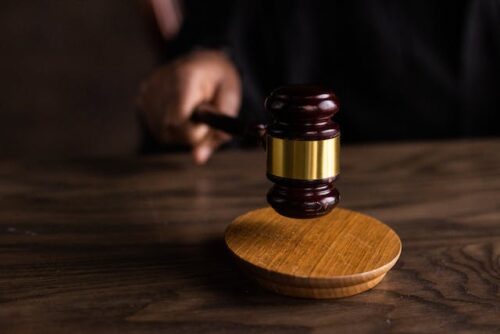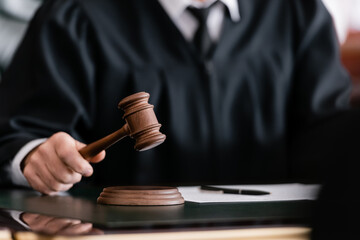
If you’ve been accused of a crime and arrested, you’ve likely been through an utterly terrifying time. You may reasonably have a lot of questions about your immediate and long-term future. This blog will try to address those fears by giving you an overview of what the typical criminal trial looks like. You’ll learn how a Mercer County criminal defense lawyer can support you every step of the way.
The Criminal Trial Process
Although it may seem very intimidating, the actual process of a criminal trial is quite straightforward. The criminal trial process consists of the following phases:
Arrest
At this initial step, you are arrested. The police will bring you to the station, where they will take your fingerprints and your mugshot. You will also learn what crime they are charging you with. For minor crimes like shoplifting or trespassing, you’ll most likely receive a summons to a municipal court. Serious crimes typically involve going to a superior court in your county.
First Court Appearance
You’ll have your first court appearance soon after your arrest. The judge must inform you of your rights and what the police have charged you with. If you can be released or if you are required to stay in jail until the trial. Finally, the judge will ask if plead guilty, not guilty, or no contest. Your lawyer should tell you which is in your best interest given your circumstances.
Pre-Trial Intervention
First offenders may qualify for a pre-trial intervention program. Instead of going to jail, you’ll be required to attend counseling or do community service, among other activities. Afterward, so long as your prosecutor agrees, your charges may be dismissed.
Grand Jury
If you are charged with a more serious crime, however, you may have to go before a grand jury. The grand jury will consider the evidence, meeting with only the prosecutor, and decide whether the prosecutor has enough evidence to make you stand trial.
Arraignment
Assuming the grand jury believes there’s enough evidence, the next step is an arraignment. At the arraignment, you will enter your plea again.
Pretrial Conference
This is the final step before the trial proper. During the pretrial conference, the judge will ask if both sides have shared their evidence and are ready to begin. Any lingering problems should be addressed at this stage.
The Trial
For criminal trials, the prosecutor’s burden of proof is “beyond a reasonable doubt.” They will need to demonstrate that the only reasonable explanation for the evidence presented is that you committed the crime. Your lawyer, in turn, will need to show the weaknesses in the prosecutor’s case.
Sentencing
Should you be found guilty, the judge will initiate a presentence investigation on your background and history. Judges use that information to decide on your punishment, which may be probation, fines, jail time, or other punishments, depending on the crime of which you were found guilty.
Appeal
You and your lawyer will have the opportunity to appeal a guilty verdict to a high court. When your case comes before the higher, they’ll analyze the trial record to determine if your trial was fair.

